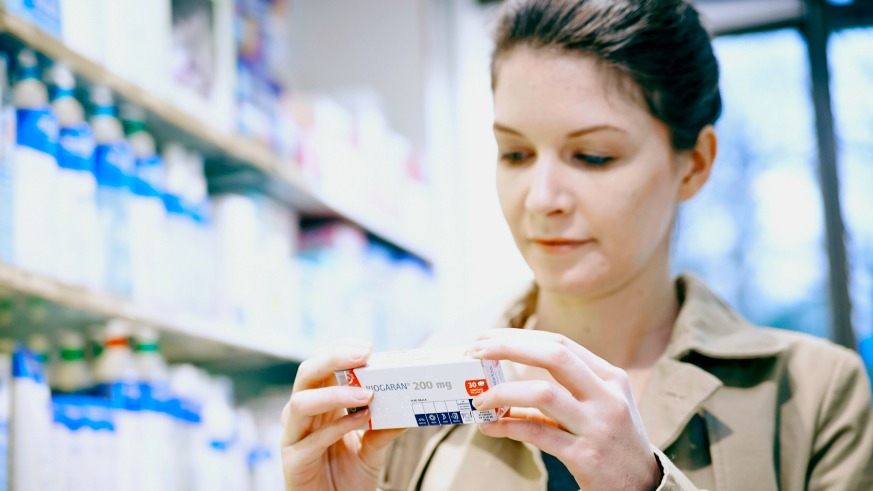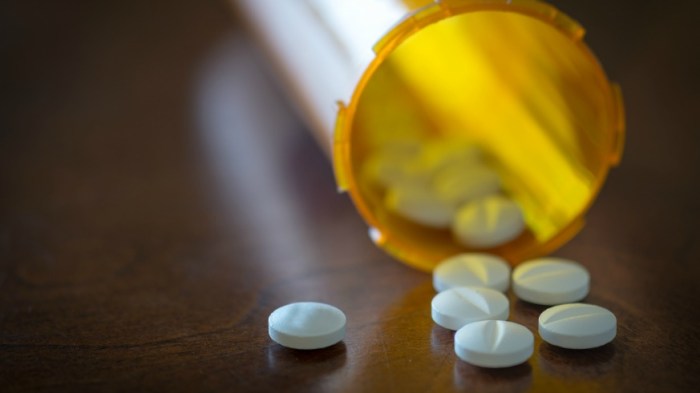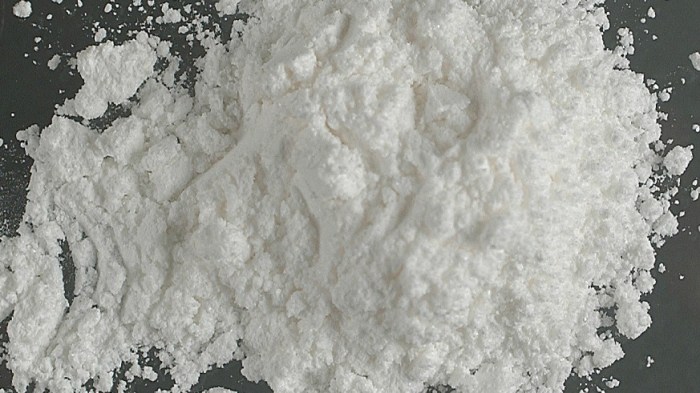You might want to think twice before popping yet another Advil: Some common painkillers like ibuprofen can increase your chances of having a heart attack, a new study shows.
Five nonsteroidal anti-inflammatory drugs (known as NSAIDs) are associated with a 20 to 50 percent increased risk of a cardiac event after a week or more of use, new research published in the journal BMJ shows. The drugs studied included ibuprofen, naproxen, diclofenac, rofecoxib and celecoxib.
Researchers examined the medical records of 446,000 people from Canada, Finland and the U.K., 61,460 of whom had suffered a heart attack. They found the risk was greatest in the first month of NSAID use and in higher doses.
The researchers said it was prudent to use NSAIDs for as short a time as possible.
This BMJ report follows a study published in March in the European journal Cardiovascular Pharmacotherapy, which showed that NSAID use was associated with heart-attack risk. Researchers found that ibuprofen — the most commonly used of NSAID drugs — was associated with a 50 percent increased risk of cardiac arrest.
The study’s authors were not able to exclude other factors that contribute to heart attacks, and some observers said the risks of NSAIDs are not definitive. Essentially, an association does not prove causation. Stephen Evans, a professor at the London School of Hygiene and Tropical Medicine, said, “This study suggests that even a few days’ use is associated with an increased risk, but it may not be as clear as the authors suggest. The two main issues here are that the risks are relatively small, and for most people who are not at high risk of a heart attack, these findings have minimal implications.”
He said the study gave “no reason to induce anxiety in most users of these drugs.” But not everyone agrees with him.
“The current message being sent to the public about NSAIDs is wrong,” said Gunnar Gislason, a cardiology professor at the Copenhagen University Hospital, who believes the drugs should no longer be sold in supermarkets or gas stations. “Over-the-counter NSAIDs should only be available at pharmacies, in limited quantities, and in low doses. Allowing these drugs to be purchased without a prescription, and without any advice or restrictions, sends a message to the public that they must be safe.”

























